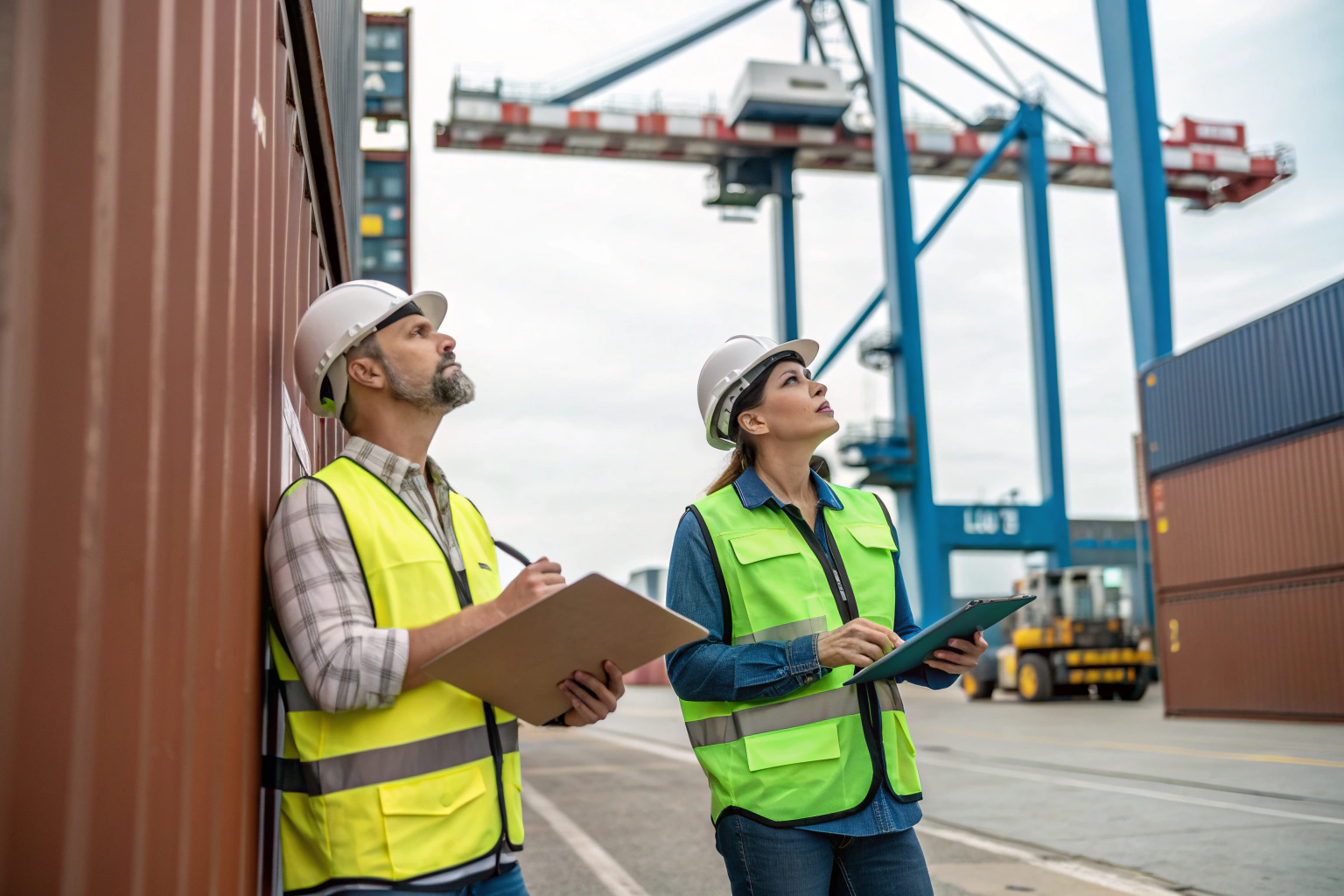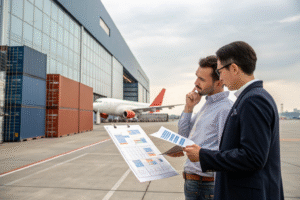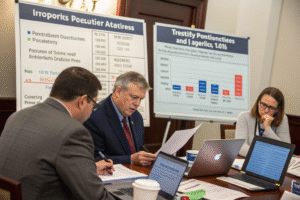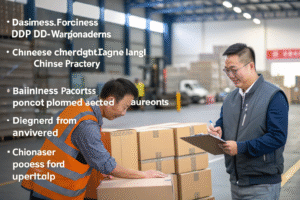Cargo damage isn’t just a few broken boxes—it’s money down the drain, upset customers, and sometimes even ruined business relationships. From seawater creeping into containers to forklifts mishandling pallets, risks are everywhere in global trade.
Freight forwarders slash cargo damage risks by enforcing tough packing standards, keeping a close eye on handling, tracking shipments in real time, and backing everything up with solid insurance. Their experience saves importers from nasty surprises and keeps products in one piece from factory floor to final warehouse.
If you’ve ever lost sleep worrying about dented containers or spoiled goods, a forwarder is the safety net that keeps your supply chain steady.
How do forwarders enforce proper packing standards?
Most damage disasters start long before the cargo hits the port. Weak pallets, flimsy wrapping, or poor stacking almost guarantee trouble in transit. Forwarders don’t let that slide.
They insist on strong pallets, industrial-grade strapping, waterproof liners, and shock-absorbing materials. By treating packaging as armor, they cut damage risks before the truck even leaves.
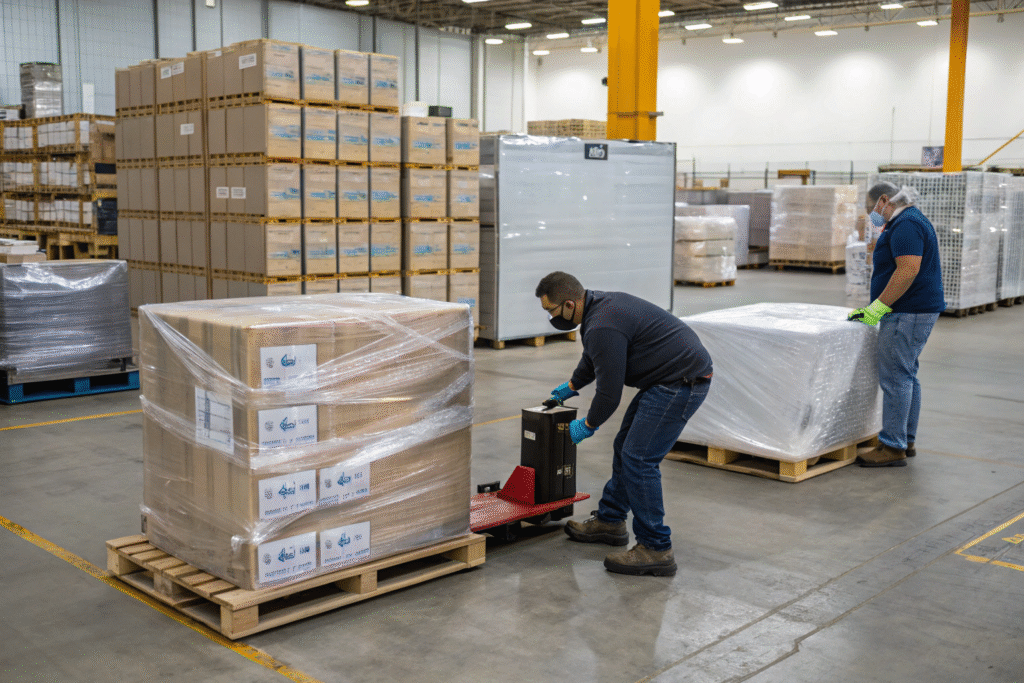
Why does packaging matter so much?
Because weak packaging is the fastest way to lose money. Data from International Maritime Organization and TT Club Insurance shows most claims trace back to sloppy packing.
Can forwarders arrange pro packing services?
Yes. Many team up with certified packing specialists who know international standards inside out. Resources from Freightos and FIATA explain why smart packing is worth every penny.
How do freight forwarders ensure safe cargo handling?
Even the toughest packaging won’t survive reckless handling. Ports, airports, and warehouses are high-risk zones where accidents happen fast. Forwarders step in as watchdogs.
They supervise container loading, enforce handling protocols, and use checklists or sensors to prevent rough moves. Their presence keeps fragile or high-value goods from being treated like throwaway luggage.
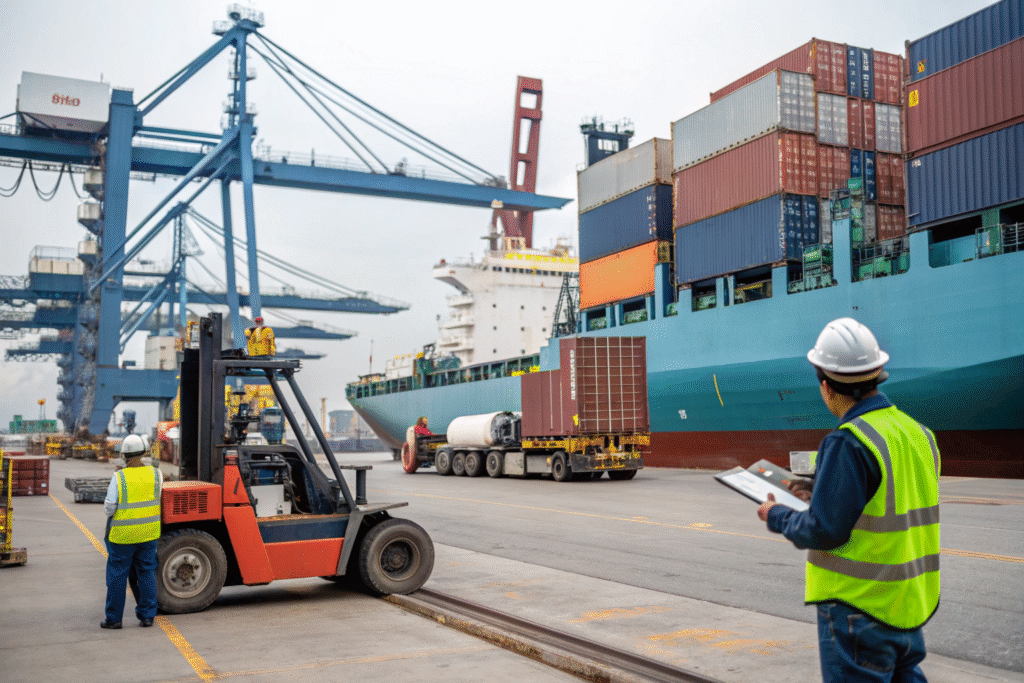
How do forwarders keep handling safe?
By training partners, auditing crews, and stepping in when things look sloppy. Reports from Port Technology International and Transport Topics confirm that strong handling rules reduce accidents dramatically.
Do they protect sensitive cargo too?
Absolutely. Forwarders arrange refrigerated containers and tracking devices for perishable goods. Studies from IATA and Cold Chain Federation show how this protects cold-chain shipments from disaster.
How do forwarders monitor shipments in real time?
Visibility is everything. Without real-time data, importers are left guessing. Forwarders bring clarity with tech tools that keep shipments under the microscope.
They use GPS trackers, IoT sensors, and dashboards that ping alerts for shock, humidity, or temperature swings. That way, small problems get fixed before they snowball into big losses.
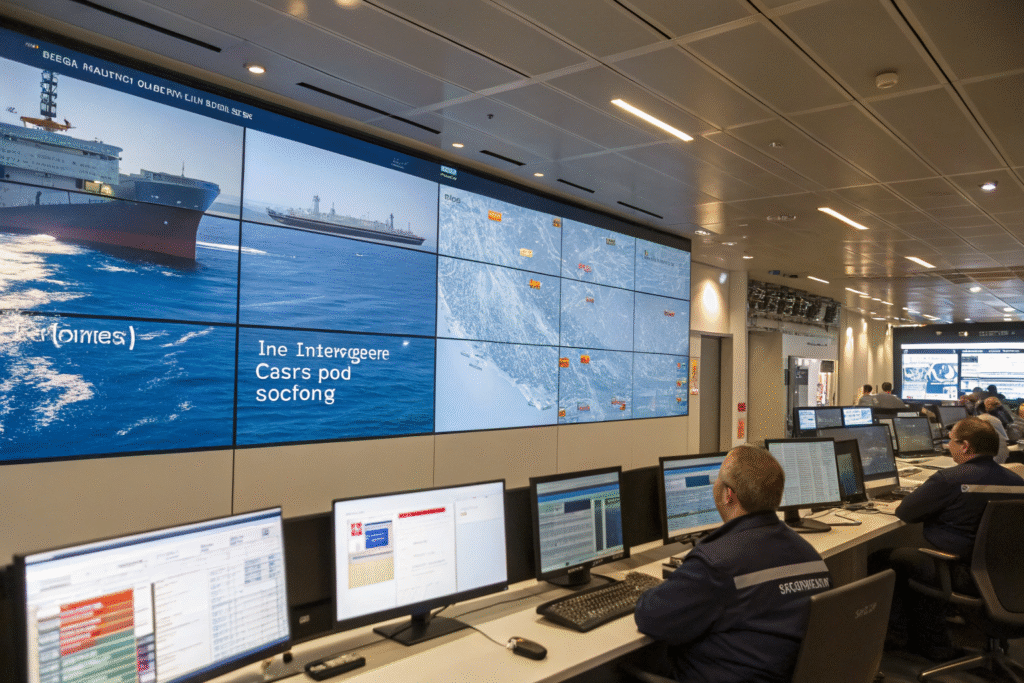
What tools do forwarders rely on?
Platforms like Project44 and CargoWise provide live shipment visibility. Devices from Emerson Cargo Monitoring track conditions like a digital bodyguard for your freight.
Can forwarders act on alerts instantly?
Yes. They reroute cargo, call handlers, or order emergency checks the moment something looks off. Articles from Freightwaves and InBound Logistics highlight how forwarders turn visibility into fast action.
Why is insurance coverage part of risk control?
No matter how much you prepare, risk never disappears completely. That’s why insurance is the final line of defense.
Forwarders arrange cargo coverage, explain policy fine print, and guide clients through claims when things go wrong. Instead of leaving businesses to absorb the blow, insurance cushions the financial hit.
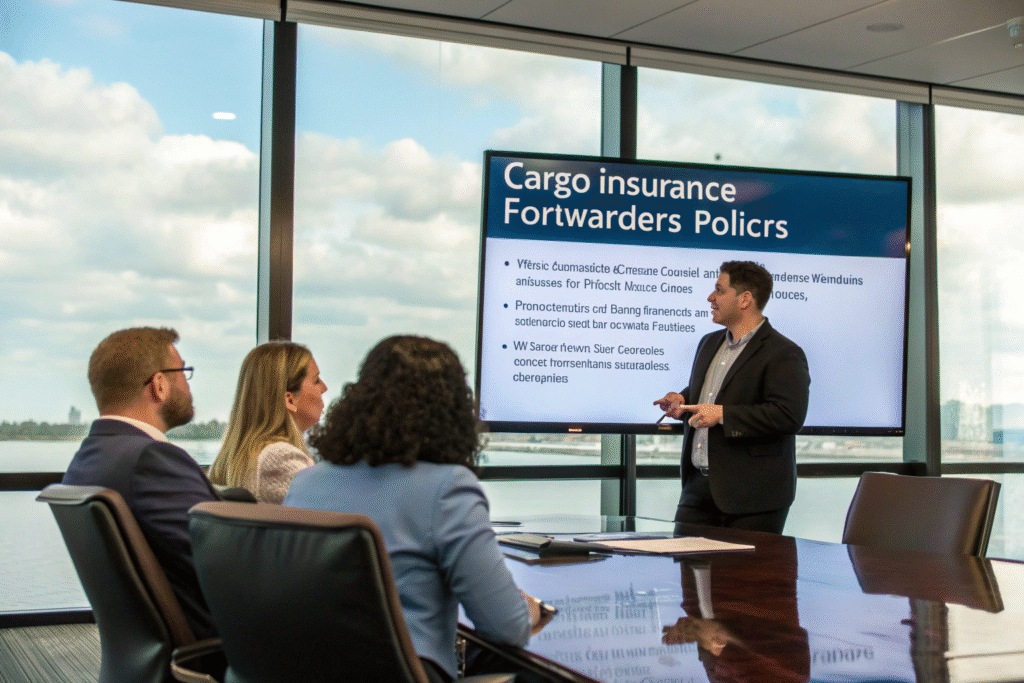
How do forwarders help with claims?
They document losses, file claims quickly, and push insurers for fair payouts. Industry leaders like Lloyd’s of London and Allianz Global Corporate & Specialty stress that forwarder involvement speeds the process.
Should every shipment be insured?
While not required by law, it’s a no-brainer. Studies from Marsh Insurance and Risk Management Magazine reveal uninsured losses are among the most painful mistakes in global logistics.
Conclusion
Freight forwarders aren’t just middlemen—they’re protectors of your cargo. By demanding rock-solid packaging, supervising safe handling, using real-time monitoring, and setting up proper insurance, they dramatically cut the chances of damage. For importers, the right forwarder means fewer headaches, happier customers, and shipments that show up exactly how they should.
